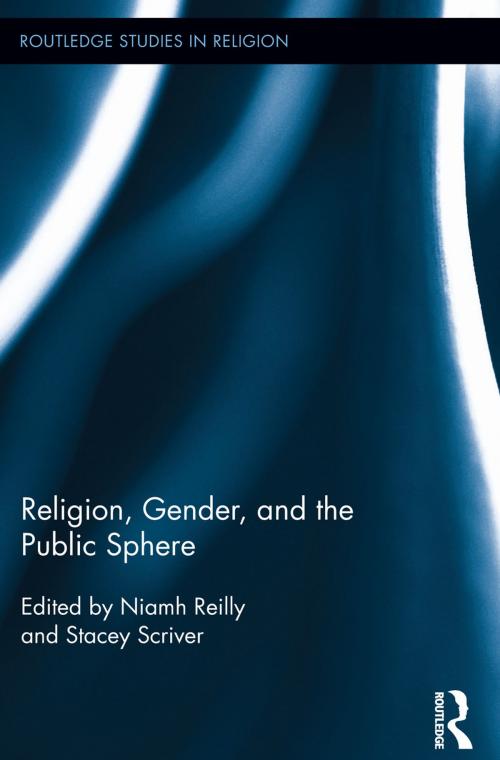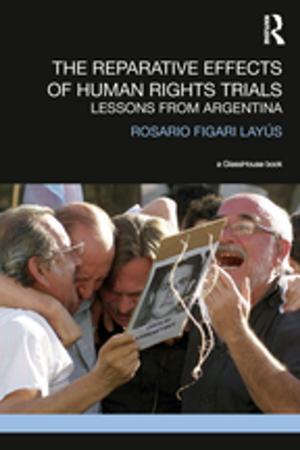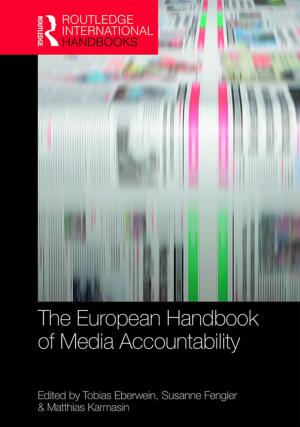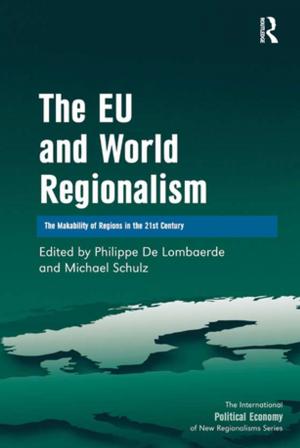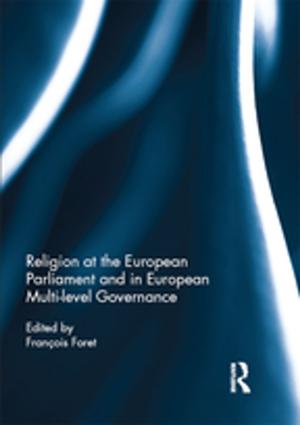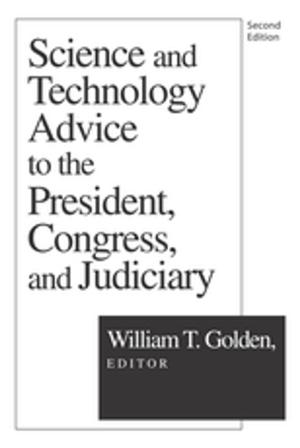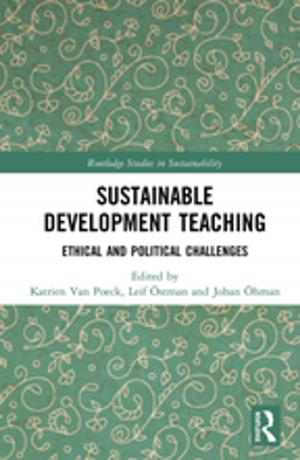Religion, Gender, and the Public Sphere
Nonfiction, Religion & Spirituality, Middle East Religions, Islam| Author: | ISBN: | 9781135014247 | |
| Publisher: | Taylor and Francis | Publication: | November 26, 2013 |
| Imprint: | Routledge | Language: | English |
| Author: | |
| ISBN: | 9781135014247 |
| Publisher: | Taylor and Francis |
| Publication: | November 26, 2013 |
| Imprint: | Routledge |
| Language: | English |
The re-emergence of religion as a significant cultural, social and political, force is not gender neutral. Tensions between claims for women’s equality and the rights of sexual minorities on one side and the claims of religions on the other side are well-documented across all major religions and regions. It is also well recognized in feminist scholarship that gender identities and ethno-religious identities work together in complex ways that are often exploited by dominant groups. Hence, a more comprehensive understanding of the changing role and influence of religion in the public sphere more widely requires complex, multidisciplinary and comparative gender analyses.
Most recent discussion on these matters, however, especially in Europe, has focused primarily on the perceived subordinate status of Muslim women. These debates are a reminder of the deep interrelation of questions of gender, identity, human rights and religious freedom more generally. The relatively narrow (albeit important) purview of such discussions so far, however, underscores the need to extend the horizon of enquiry vis-à-vis religion, gender and the public sphere beyond the binary of ‘Islam versus the West’. Religion, Gender and the Public Spheremoves gender from the periphery to the centre of contemporary debates about the role of religion in public and political life. It offers a timely, multidisciplinary collection of gender-focused essays that address an array of challenges arising from the changing role and influence of religious organisations, identities, actors and values in the public sphere in contemporary multicultural and democratic societies.
The re-emergence of religion as a significant cultural, social and political, force is not gender neutral. Tensions between claims for women’s equality and the rights of sexual minorities on one side and the claims of religions on the other side are well-documented across all major religions and regions. It is also well recognized in feminist scholarship that gender identities and ethno-religious identities work together in complex ways that are often exploited by dominant groups. Hence, a more comprehensive understanding of the changing role and influence of religion in the public sphere more widely requires complex, multidisciplinary and comparative gender analyses.
Most recent discussion on these matters, however, especially in Europe, has focused primarily on the perceived subordinate status of Muslim women. These debates are a reminder of the deep interrelation of questions of gender, identity, human rights and religious freedom more generally. The relatively narrow (albeit important) purview of such discussions so far, however, underscores the need to extend the horizon of enquiry vis-à-vis religion, gender and the public sphere beyond the binary of ‘Islam versus the West’. Religion, Gender and the Public Spheremoves gender from the periphery to the centre of contemporary debates about the role of religion in public and political life. It offers a timely, multidisciplinary collection of gender-focused essays that address an array of challenges arising from the changing role and influence of religious organisations, identities, actors and values in the public sphere in contemporary multicultural and democratic societies.
